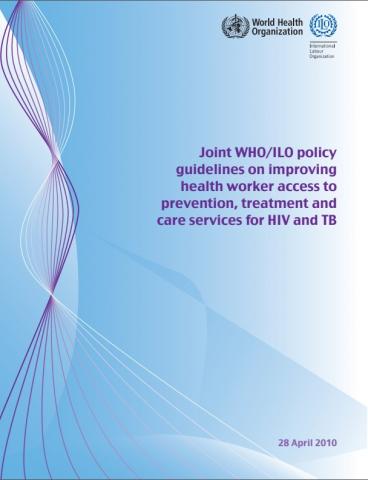Module 6: Joint WHO/ILO policy guidelines on improving health worker access to prevention, treatment and care services for HIV and TB

 Feedback
Feedback
This e-learning course is a comprehensive, self-paced, online course that follows the content of the WHO operational handbook on tuberculosis. Module 4: Treatment – drug-resistant tuberculosis treatment. The main focus of the e-course is programmatic; clinical aspects are only discussed when relevant to specific topics.
The e-course comprises 11 sections and a final assessment and uses a combination of short video lectures, exercises, quiz questions and additional reading materials.
Course Index:
This e-learning course is a comprehensive, self-paced, online course that follows the content of the WHO operational handbook on tuberculosis. Module 3: Diagnosis – rapid diagnostics for tuberculosis detection (2021 update). The main focus of the e-course is programmatic; clinical aspects are only discussed when relevant to specific topics.
The e-course comprises seven sections and a final assessment and uses a combination of short video lectures, exercises, quiz questions and additional reading materials.
Course Index: